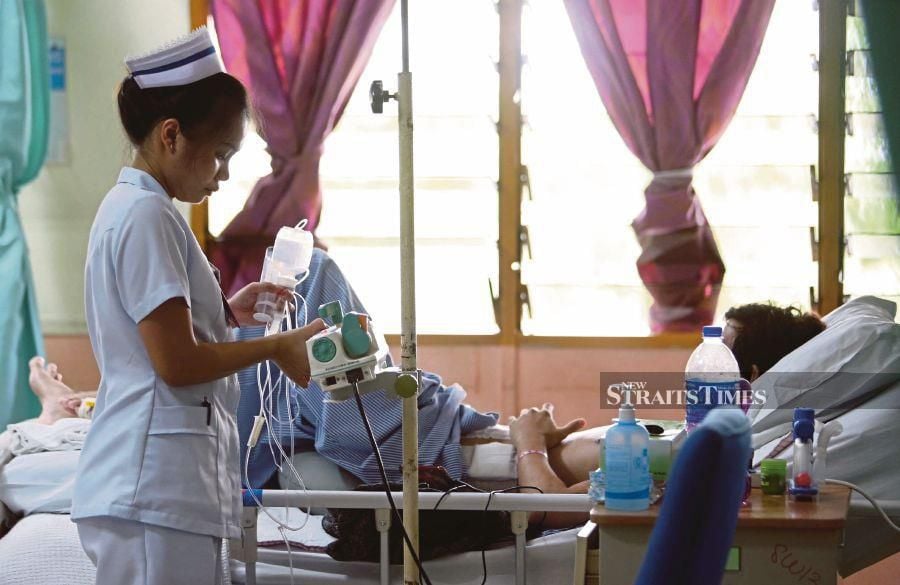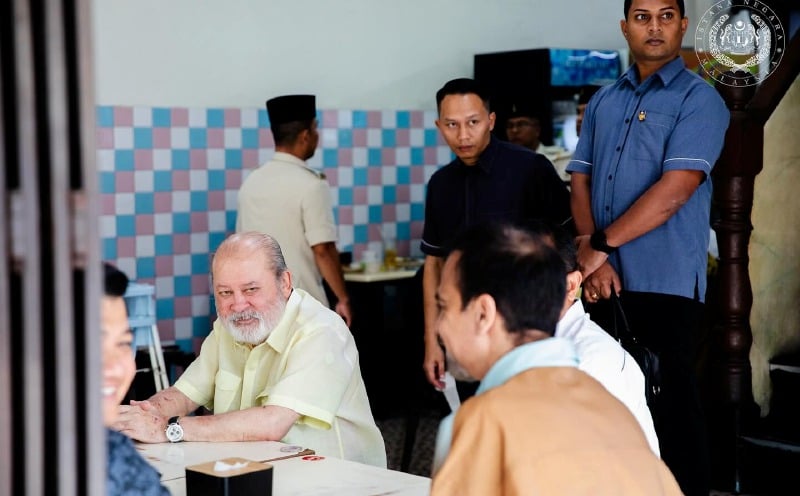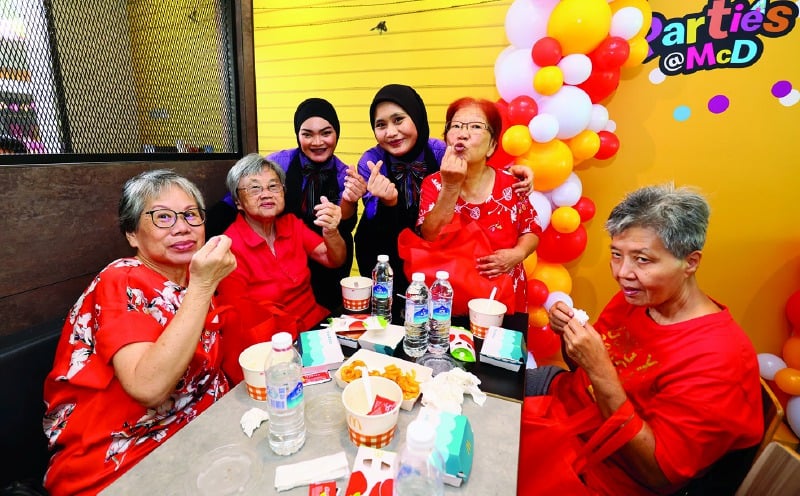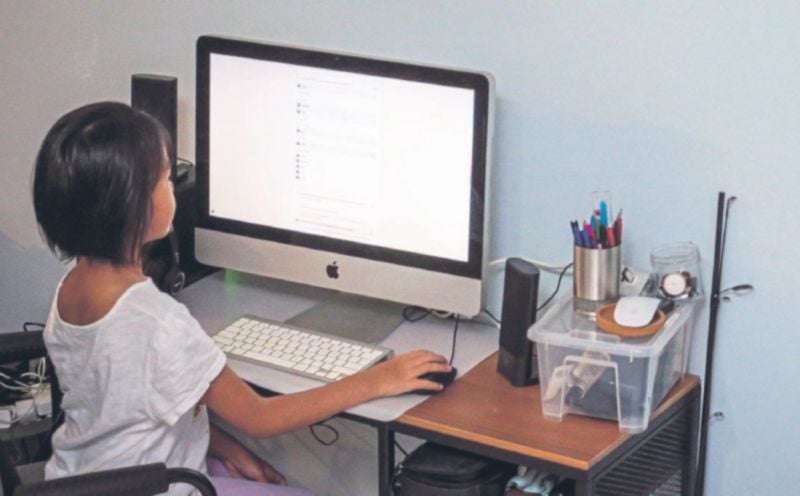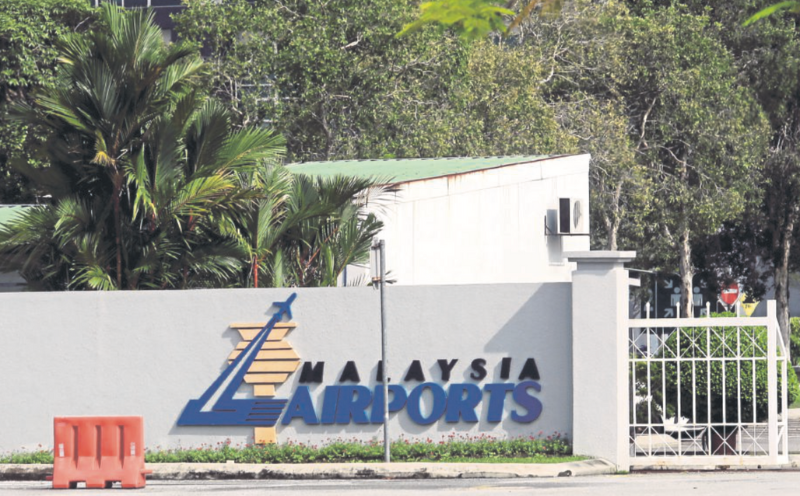KUALA LUMPUR: Poor health literacy is an issue of concern in Malaysia, which experts say is an unavoidable barrier to effective patient care for physicians nationwide.
Health literacy has been defined as "the degree to which individuals can obtain, process and understand basic health information and services needed to make appropriate health decisions".
According to the Global Pain Index 2020, Malaysians continued to suffer pain in silence. More than 85 per cent of the population experienced pain last year, with more than 60 per cent choosing to delay treatment or to not get it at all.
The study, commissioned by GlaxoSmithKline Consumer Healthcare, surveyed 19,000 respondents from 18 to 65+ years of age across 19 countries, including 1,000 Malaysians.
It discovered a significant number of Malaysians felt there was a need to persevere through pain (80 per cent), even though 32 per cent of them experienced it every week and 53 per cent were in pain for at least several hours.

LOW HEALTH LITERACY
GSK Consumer Healthcare Malaysia general manager Bryan Wong said the numbers were significant and correlated with the Health Ministry's National Health and Morbidity Survey (2019), which reported that 35.1 per cent of adults aged 18 years and above had low health literacy.
"Given the data presented in this study, it is very important to provide accessible and easy-to-digest health information with verified sources on the right channels to empower and improve the community's health literacy.
"Delaying treatment is a common behaviour among Malaysians, where more than half choose to wait rather than treat their pain immediately (57 per cent)."
Wong said the results also showed that 31 per cent of Malaysians avoided taking medication, some worried about dependency (29 per cent) and the side effects (25 per cent) of painkillers.
UNTREATED PAIN: THE IMPACT
Shawn Roy of GSK Consumer Insight Lead, Southeast Asia and Taiwan said research had shown that long periods of unrelieved pain could lead to adverse psychological and physical complications.
This effect of delayed or untreated pain, he said, had a negative impact not only on the patient's day-to-day lifestyle (72 per cent) but also on society and the economy.
The Malaysian Employers Federation's Man-Days Lost and Absenteeism Survey 2019, for instance, found that more than 10.7 million days were lost due to sick leave.
"When it comes to choosing treatments to relieve pain, Malaysians will on average take four to five steps to treat it, favouring resting over immediate treatment," said Roy.
"Surprisingly, 37 per cent of Malaysians chose not to treat their pain and would rather live with it if it was not severe.

"However, parents are under pressure to treat and deal with their pain quickly compared with non-parents. They are more likely to take medication (52 per cent), seek advice from healthcare professionals (46 per cent) and seek information about how to treat their pain effectively (36 per cent)."
Roy said the study had revealed that seven out of 10 parents found their ability to care for their children was affected while they were in pain, with more than
half of them (56 per cent) believing it impacted those around them.
This, he said, related even more to parents who are working from home under the constraints of the Recovery Movement Control Order while coping with the new normal.
"Parents are wearing multiple hats simultaneously, from juggling workload to meeting deadlines, to taking care of their family, children and managing household chores."
Recognising the gap and low health literacy level in Malaysia, GSK Consumer Healthcare Malaysia joined forces with Watsons Malaysia to roll out the "Know Your Medicine, Find the Right Relief" initiative on social media, digital and broadcast platforms, Watsons' e-commerce portal and physical stores across the country this month.
This unified effort aims to educate and increase Malaysians' access to knowledge on medicines, which will help in their pain management journey and boost their quality of life.
GSK Consumer Healthcare Malaysia said it would continue to encourage and promote health literacy by sharing the latest public health guidance through relevant networks and working with healthcare professionals, retailers and consumers in ensuring that pain sufferers had access to reliable information to manage their pain responsibly and effectively.



